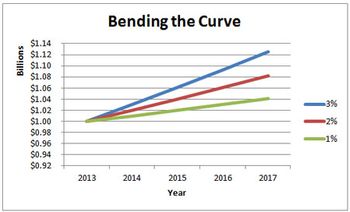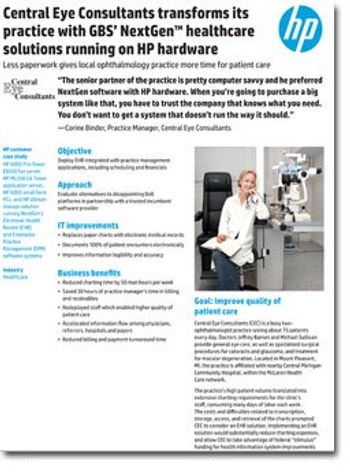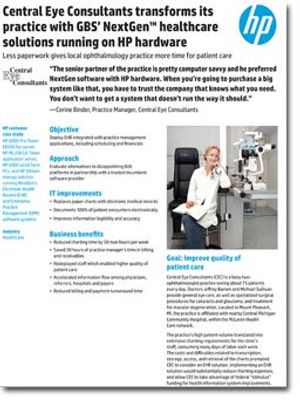
Public health as an important part of an allopathic, clinical program may be intuitive to some, but implementing it is still a challenge.

Public health as an important part of an allopathic, clinical program may be intuitive to some, but implementing it is still a challenge.

I’m not saying that healthcare services are a commodity in the classic widget sense, but I have grown to concede that the service we as doctors provide is a commodity.

As the Supreme Court considers the fate of the Affordable Care Act, some guidance on the heart of the matter can be found from more than 60 years ago, from physician Warren Sisson.

I continue to be amazed by the complexity and layering of the medical bills associated with my short, elective, outpatient procedure.

Three weeks after surgery, the costs are clearer with two "bills": one from my surgeon, the other from a provider I've never heard of or even seen before.

My surgery is complete, I'm resting at home, and still, I have no idea what my procedure costs and what I owe as a patient with a high-deductible health plan.

What is more painful: hernia surgery or finding out the exact cost of the procedure when you have a high-deductible health plan?

When a politician stands before us and announces a plan to “cut healthcare costs” by “x” billion over 10 years, what exactly does that mean?

Have you been challenged by such insolent (open-minded?) patients before, who demand cost information on your recommendations?

With election season in full swing, the role that healthcare issues will play in the Republican nomination, and then the general election remains to be seen.

Detailing physician fees in an online listserv got my post banned. Why all the secrecy about salary, fees, etc. when all we talk about is cutting healthcare costs?

What would be one word you might use to describe the difference between private health insurance and publicly-financed healthcare? For me, the answer is “access.”

Perhaps it is time in the United States that we reexamine the term “uninsured,” and how it really defines the patients seeking care from physicians.

Bringing costs into the healthcare equation, and in particular inserting them as a mistress in the doctor-patient relationship, is replete with challenges.

To simplify the healthcare dilemma as merely an offshoot of the drive for “profits” is certainly to understate the problem, though the words are not entirely off base.

Where do you stand on society’s responsibility to care for the uninsured?

Published: September 26th 2011 | Updated:

Published: October 24th 2011 | Updated:

Published: November 7th 2011 | Updated:

Published: November 21st 2011 | Updated:

Published: December 5th 2011 | Updated:

Published: December 20th 2011 | Updated: